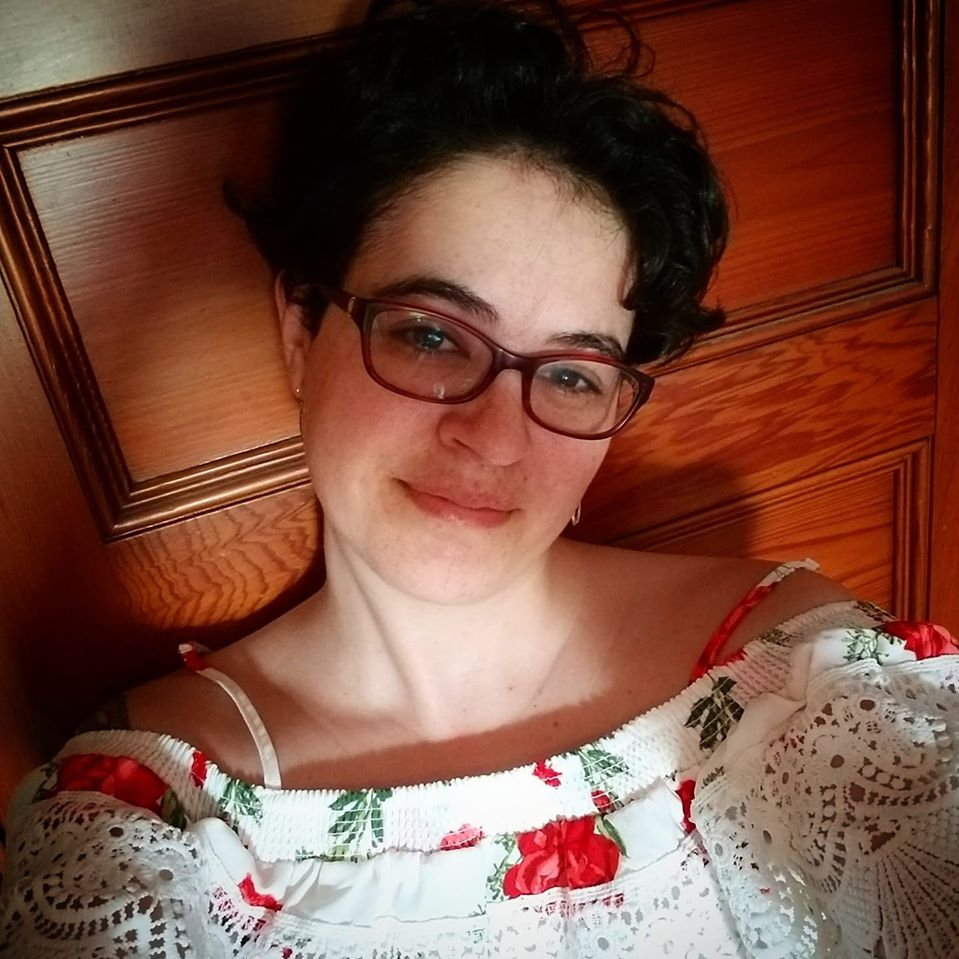I don’t talk about it much, but I have ADHD pretty significantly. I hide it really well because while my mother has always been incredibly accepting of it, my father wasn’t. My mom has it, so she gets me. My dad? Not so much. He thought it was a matter of discipline. And all I could ever do was disappoint him and everyone else by not living up to my potential.
As an adult who has their own decisions to make and who is no longer at the mercy of anyone else’s judgment, I have been starting to peel back the layers and really consider how my ADHD affects my life. Since writing is such a big part of my life, I’ve been considering it in that context, too.
So, what does it mean for me as a writer? How has having ADHD shaped my writing? Well, I can tell you this: there are at least three things I’ve noticed that are–wait, no. Four. Four things that are related to it.
- I like to start sentences with prepositions because my thoughts often start in the middle.
- When I am not starting with prepositions (or sometimes when I am) my sentences are very long because they wander.
- I tend to write shorter paragraphs than many writers because I prefer to get in, get out, and be done. This also translates to shorter chapters.
- Description and I are iffy bedfellows. I tend to not write much of it because so often I’m deeply focused on the action (the “interesting” part) and ignore everything else.
Now, none of these things are inherently bad. Starting sentences with prepositions is acceptable behavior these days, even if it makes my editor twitch a little. She’s learned to tolerate it so long as I am not doing it excessively enough to be a problem. Which I appreciate! Having really long sentences, on the other hand, is less helpful. Because my thoughts wander, sometimes my sentences do, too. Wandering sentences doesn’t help readers with comprehension, so I have been trying to learn to reign that in.
However, recognizing these things about myself means I can choose to keep or discard them as needed. Also, understanding how my brain works means I can treat it well. I’ve always known I had ADHD, but I have spent most of my thirty-six years pretending I didn’t. It hasn’t gone particularly well for me. Everything from my work to my school to my personal relationships has suffered. I have been able to make things work, mostly, but meeting this challenge rather than hiding from it also means I can stop working as hard.
That isn’t to say I am giving myself carte blanche to be lazy, but if I set myself up for success using methods designed for neurodivergent people, I’m more likely to succeed than if I try and follow the path for neurotypical folks. As the famous saying goes, “Everybody is a genius. But if you judge a fish by its ability to climb a tree, it will live its whole life believing that it is stupid.” (Albert Einstein)
It’s time for me to stop climbing trees. No, really, my knees don’t like it so well anymore, and the last time I did, I had trouble getting down.
Coming to this understanding about myself also explains a few things. First, it explains why I am so religious about keeping an outline and putting one together. Writing a story bigger than a flash fiction off the seat of my pants results in disaster because I cannot get anything done without at least having a general idea of where I’m going. My novel will change thirty times while I’m writing it if I don’t come up with parameters. Of course, this can lead to the opposite problem where I plan everything and don’t want to write it because I’ve over-planned.
The sweet spot is to use things like the Beat Sheet and the Snowflake Method to come up with a basic road map that has destinations I need to hit but provides me freedom in how I get to those points. I might know roughly where I’m going on the journey, but if I veer off into the weeds because I need to visit the World’s Biggest Ear of Corn, then, well, I can do that without getting entirely lost.
Having ADHD also means that just sitting down to do the writing can be a challenge in and of itself. There are times when, if I’m wrestling with something, I cannot keep my brain on the work. Then there are others where I’ll get up, have some tea, jot down some ideas, and when I look up again it’s midnight and I’ll have written 10k words. There’s no in between, which is something I’m trying to teach myself.
I cannot change the fact that I have ADHD. I can take medication (though I often don’t because if I drink much tea with it, I end up with heart problems), learn to trick my brain into playing nice, or do other such things, but there’s only so much I can do. I’m not neurotypical, so I will always be a square peg in a round hole. I was called that a lot in school because I just didn’t study/work/learn like other students did.
Nobody ever questioned that I’m smart. I just heard that old chestnut that I wasn’t “applying myself.” Nobody could tell how hard I was working or how much I was trying except my mother because she got it. So this is me more or less coming out, in a way. I am here, I am neurodivergent, and I am sick of hiding it and pretending otherwise because it hasn’t helped my life.
Instead, it’s time for me to live my truth and learn how to be who I am rather than blaming myself for who I am not and acting as though that will somehow solve my problems. Because, obviously, punishing myself for not being something or someone different hasn’t gotten me very far.

E. Prybylski has been in the publishing industry as an editor since 2009, starting at Divertir Publishing and eventually partnering with her close friend Richard Belanger to begin Insomnia Publishing.
Ever since childhood, E. has been an avid reader and writer of fantasy. The first chapter book she remembers reading is The Hobbit, followed swiftly by most of Anne McCaffrey’s Pern series. In high school, she perfected the skill of walking while reading without slamming into anyone. Mostly.
When she isn’t reading or writing, E. is an active member of the Society for Creative Anachronism and has a B.A. in European history from SNHU. In addition to her many historical pursuits, E. is a musician of multiple instruments, a cat mom, and a loving wife to her husband, J. E. also speaks out for the disability and chronic illness communities being a sufferer of chronic migraines and Ehlers-Danlos Syndrome.

There’s reign, but we mustn’t forget REIN and rain…
Hahaha. Did you catch another typo of mine? Argh!
Love this! I also have ADHD & dyslexia. Hope you come check out my blog x https://strengththroughvulnerability.wordpress.com/2020/09/14/adhd-executive-functioning-3-part-series-2/
I definitely shall!